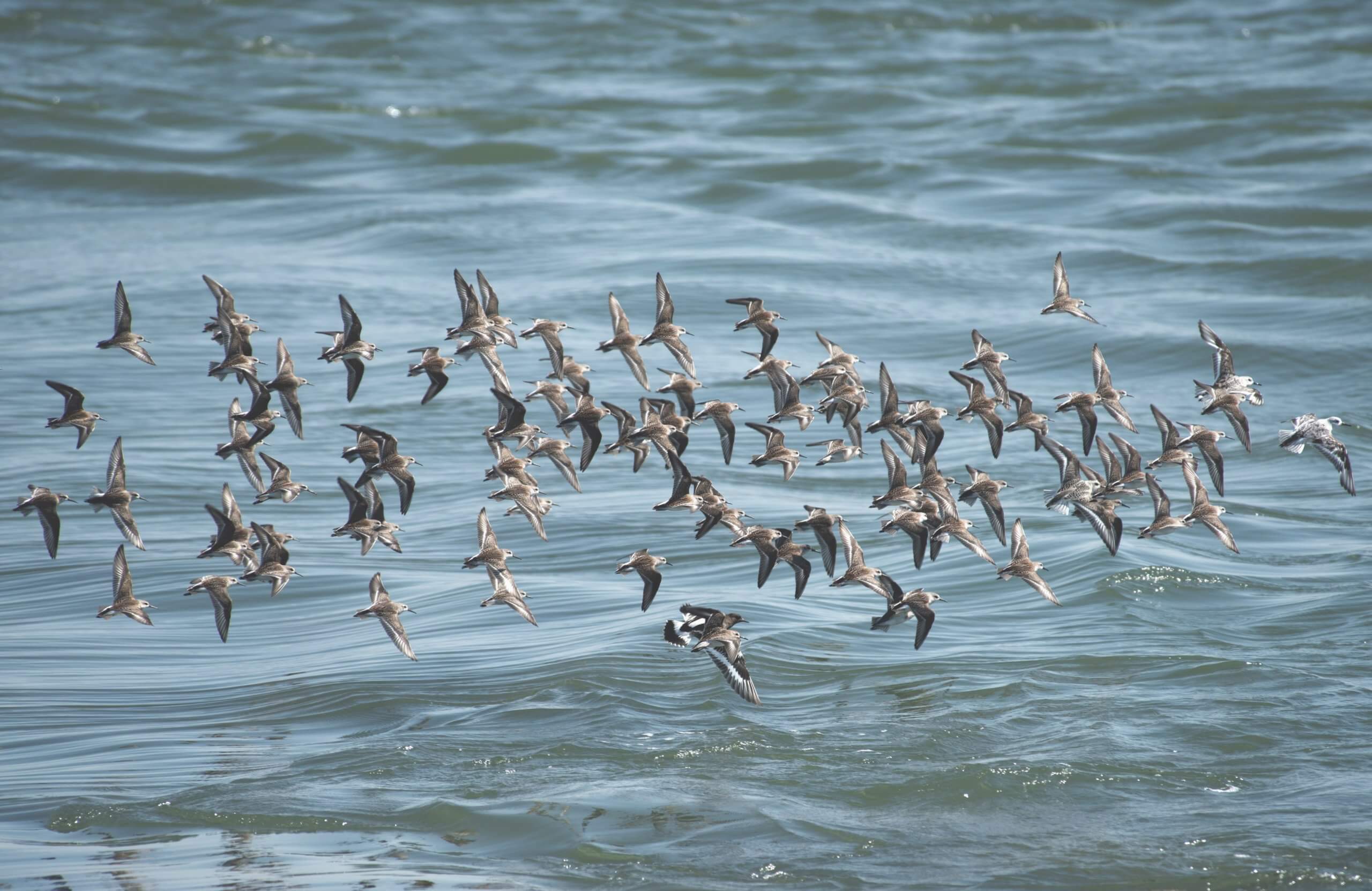Last week, I stumbled across a profound and lovely advice column about big decisions in life. The blogger, Dear Sugar, opens by referencing a poem by Tomas Tranströmer. It ends with:
Without really knowing, we divine; our life has a sister ship, following quietly another route.
She goes on to say, “I’ll never know and neither will you of the life you don’t choose. We’ll only know that whatever that sister life was, it was important and beautiful and not ours. It was the ghost ship that didn’t carry us. There’s nothing to do but salute it from the shore.” Does it get you too? I feel this poem in my bones.
For me, watching the ship that was my career in research science sail over the horizon was exulting and excruciating all at once. Because it was such a turning point in my life, I don’t take it lightly when I’m asked for career advice now. So if you’re struggling with what you want to do, and you think science communication might be part of it, this post is for you.
The first thing you should know is that it’s not a bad sign that you’re struggling. It’s more the norm than the exception… COMPASS staff included. Since I was six years old I worked, planned, and expected to be an ichthyologist; sometimes it still surprises me that I’m not. Chad is an oceanographer – he thought he was just going to take a quick hiatus and spend a year on the Hill so he could make his research more policy-relevant. Heather was considering a position as a dive safety officer. Karen crystallizes a lot of what we all felt, saying, “It was much easier to describe what I didn’t want to do than what I did.”
So how do you go from only knowing what you don’t want to then finding that as-yet-undefined dream job? From those of us who’ve been where you are now, a few collective bits of wisdom and advice:
1. Understand that the details matter. A lot.
The most valuable thing you can do is to build firsthand experience in the culture(s) you want to work with. It’s easy to criticize the way things are. Working in a newsroom, agency or classroom will give you working knowledge of why things are the way they are and help you demonstrate not just a desire to change them, but give you enough credibility to do so. Passion is essential, but it’s insufficient.
2. Show up to everything.
Arrive early. Stay late. There is no set path to or specific certification scheme that will prepare you for a career in science communication. This makes networking all the more important. How do you find internships or fellowship opportunities? Ask your network. How do you know if a job posting is a once-in-a-lifetime opportunity or just too good to be true? Ask your network. How do you build a network? Make a practice of specifically searching for relevant events. Go to them. Introduce yourself to the organizers. Offer to help. Stick around and socialize afterward. Follow up with an email. Rinse and repeat. And no, you don’t have to be a “social media person” necessarily, but virtual and live-streamed events ARE just as important in this profession as the ones you physically attend. Show up for (and ask questions in) those too.
3. Find your voice.
Who are your heroes in science communication? Ahem… your LIVING, CONTEMPORARY heroes and role models in this field? This goes back to the first point – context matters. Understanding who your colleagues and competitors are will give you an appreciation of the different styles and approaches that are successful right now, and they’ll challenge you to elevate your own game. (You DO have game, right?) It should go without saying but if you want to enter the field of science communication, you should be doing it. Build your portfolio. Make your mistakes. Get through the body of work that you must go through for its quality to match your ambitions.
These tips barely scratch the surface, but are a beginning. Use this advice to start a conversation. And here’s a round-up of some the best links for when you need a funny, poignant, or pointed nudge in the right direction.
• Reaching Out: So You Want to Communicate Science Online: The Flowchart
• Why is this so good?
http://www.niemanstoryboard.org/category/whys-this-so-good/
• Building a Career in Science Communication
• Science Communication: Science’s Next Frontier
• Working in Science Communication
http://alicerosebell.wordpress.com/2011/08/05/working-in-science-communication/



